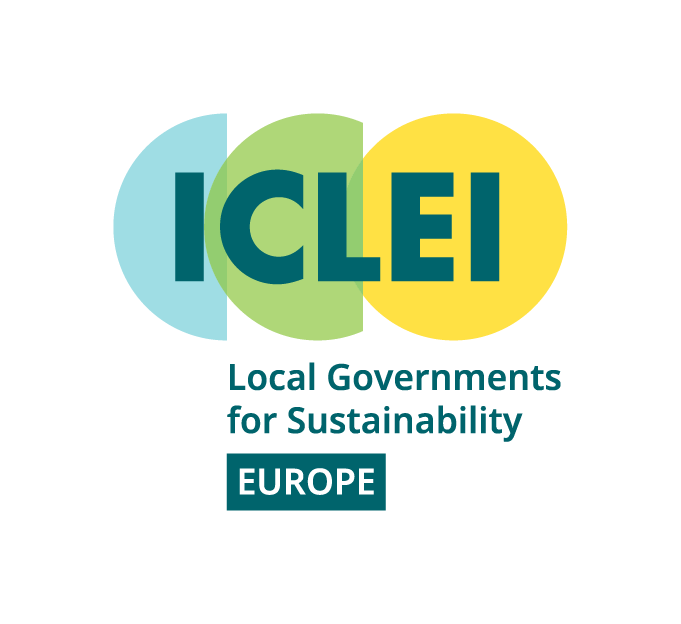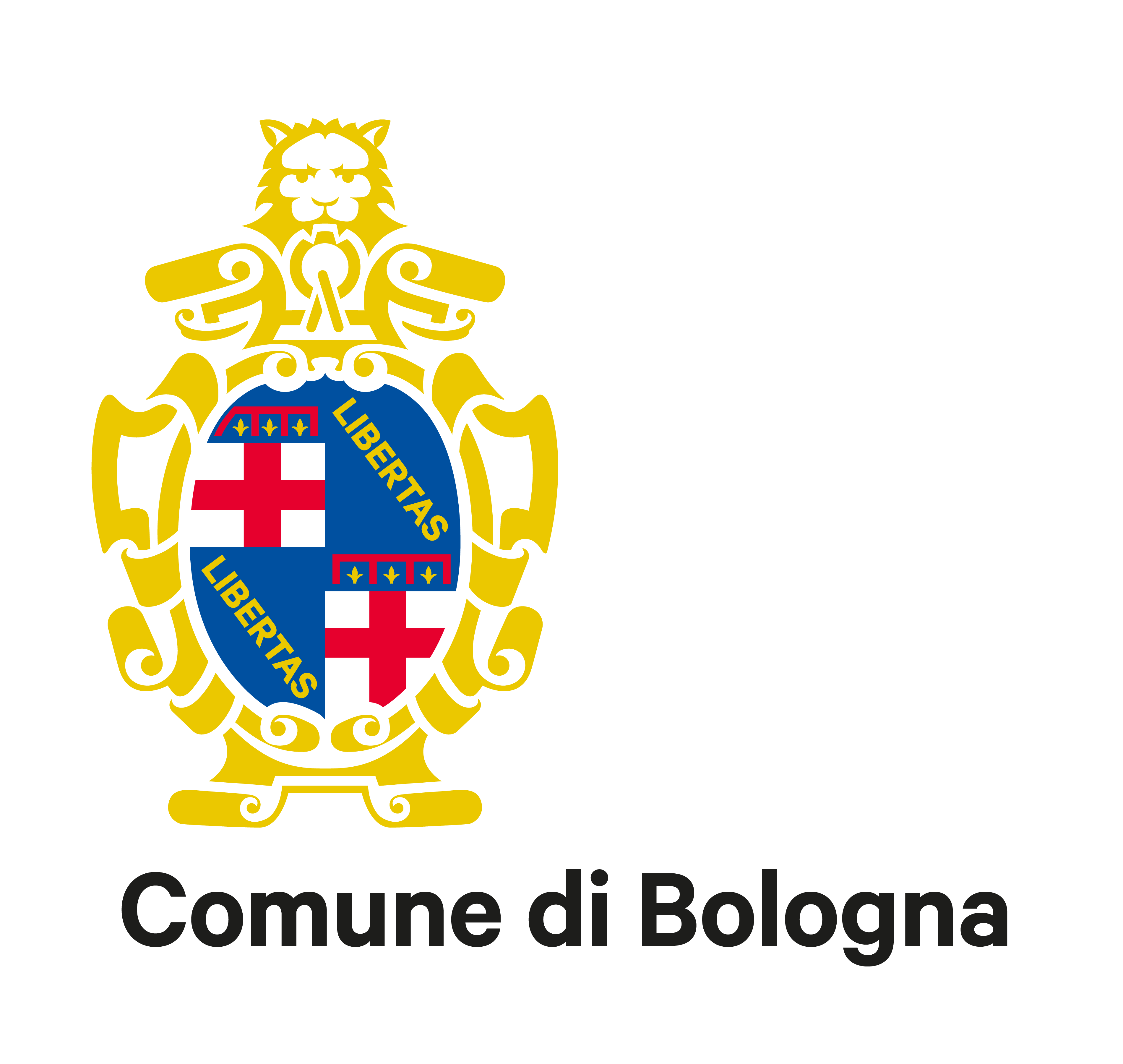
Cycling in the Urban & Functional Urban Area
The first thing that often comes to mind when discussing innovation in mobility is new mobility technology. Yet whether a measure is innovative depends on the local context. Even a bicycle lane can be seen as an innovation in a city that has not yet established any bicycle infrastructure. Cycling in the urban and functional urban area was explored by FastTrack cities, who focused on the potential of (e-)bike technologies and bike sharing schemes with respect to creating more sustainable mobility systems. This cluster therefore also explored innovative ways of ensuring that walking and cycling are safe and feasible for all. This meant ensuring that infrastructure, safety protocols, and behaviour change all support a transition away from private cars, toward bicycle lanes and walking routes.

Local Ambassador: Antwerp (Belgium)
The Cycling in the Urban & Functional Urban Area cluster is led by FastTrack Ambassador the City of Antwerp. The Transport Region Antwerp is a diverse and vast region that encompasses 32 municipalities. Its various stakeholders work together toward a shared ambition, summarised in the slogan “Samen Vooruit” (Moving Forward Together). The region aims to completely overhaul mobility and manage it as one multimodal system, whereby 50% of all journeys rely on sustainable transport methods.
New Mobility
Antwerp has supported the integration and uptake of MaaS – through a single app, people can now route plan and access a range of multi-modal travel options. This was realised through: a license model for shared mobility and data obligations, data standardisation, a marketplace for mobility/MaaS project call, and the creation of an "Application Programming Interface" marketplace. Antwerp is looking to engage with FastTrack to explore how they might implement more micromobility, intelligent speed adaptation, and vehicles that run on hydrogen.
Cycling in the Urban & Functional Urban Area
Antwerp has enticed widespread behavioural change towards more active travel. This is most notable with respect to cycling – Antwerp was ranked the 4th most bicycle-friendly city in the world (Copenhagenize Index), and cycling represents a modal share of 33% (2018). This was accomplished through behaviour change strategies, and investments in a network of cycle highways, improved cycling infrastructure and parking, traffic management, and an extensive city bike-sharing scheme. The city is keen to explore: how to maximally avoid collisions between active travelers and motorised vehicles; the implementation of a walking & cycling strategy; and behavioural change schemes for employers and logistics partners.
Relevant prior experiences
Antwerp developed much of its expertise through engaging in other relevant European projects, including CIVITAS PORTIS and CIVITAS SUMP-PLUS. Furthermore, the City of Antwerp is embedded in the larger Transportation Region Antwerp (TRA) – a diverse group of 32 municipalities. Through the TRA, Antwerp is working with other regional players to scale-up and transfer many of its innovative mobility solutions, including its "Smart ways to Antwerp" approach, and its programme of "soft measures" to achieve behavioural change. This transfer of innovation is done while always taking into account local institutional implications and contexts.
Local Affiliates
Partners

This website is produced as part of the CIVITAS FastTrack Coordination and Support Action funded by the European Union Horizon 2020 research and innovation programme under grant agreement No 101006853. The sole responsibility for the content of this website lies with the FastTrack project and in no way reflects the views of the European Union.









